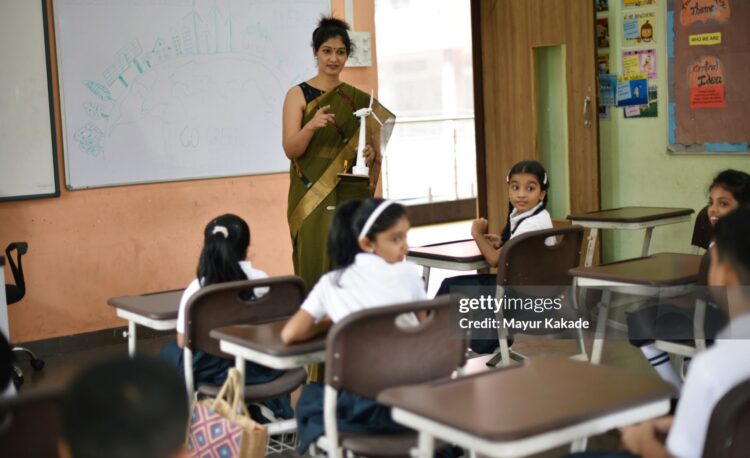Project-based and experiential learning are two dynamic approaches to education that emphasize active participation, real-world application, and hands-on experiences. Both methods aim to deepen understanding and foster essential skills like problem-solving, critical thinking, collaboration, and adaptability.
Project-based learning (PBL) is an instructional method where students actively explore real-world challenges or questions over an extended period of time. Instead of passively receiving information, students engage in a project that requires research, teamwork, and the application of knowledge to solve a tangible problem or create a product. For example, students might work together to design a sustainable energy solution, create a documentary on a historical event, or develop a business plan for a new startup. PBL allows students to take ownership of their learning, apply theoretical concepts to practical situations, and work through the entire process of problem identification, research, design, and presentation.
Experiential learning extends this concept by focusing on learning through direct experience. This method encourages learners to participate in activities that immerse them in real-world situations, followed by reflection on the experience to reinforce learning. Experiential learning can include internships, field trips, simulations, service learning, or study abroad programs, where learners engage with real challenges, interact with people in various contexts, and reflect on what they’ve learned in the process. The emphasis is on learning by doing, allowing students to build skills and knowledge through first-hand involvement and reflection.
Both project-based and experiential learning are highly effective because they shift from traditional, passive forms of education to a more engaging and interactive model. These approaches not only enhance academic learning but also prepare students for the workforce by developing key competencies such as communication, leadership, and adaptability. Moreover, they promote deeper engagement and a stronger connection between the curriculum and the real world, helping students better understand how what they’re learning applies beyond the classroom. Ultimately, project-based and experiential learning provide learners with the tools they need to tackle complex challenges, think critically, and innovate in their personal and professional lives.

